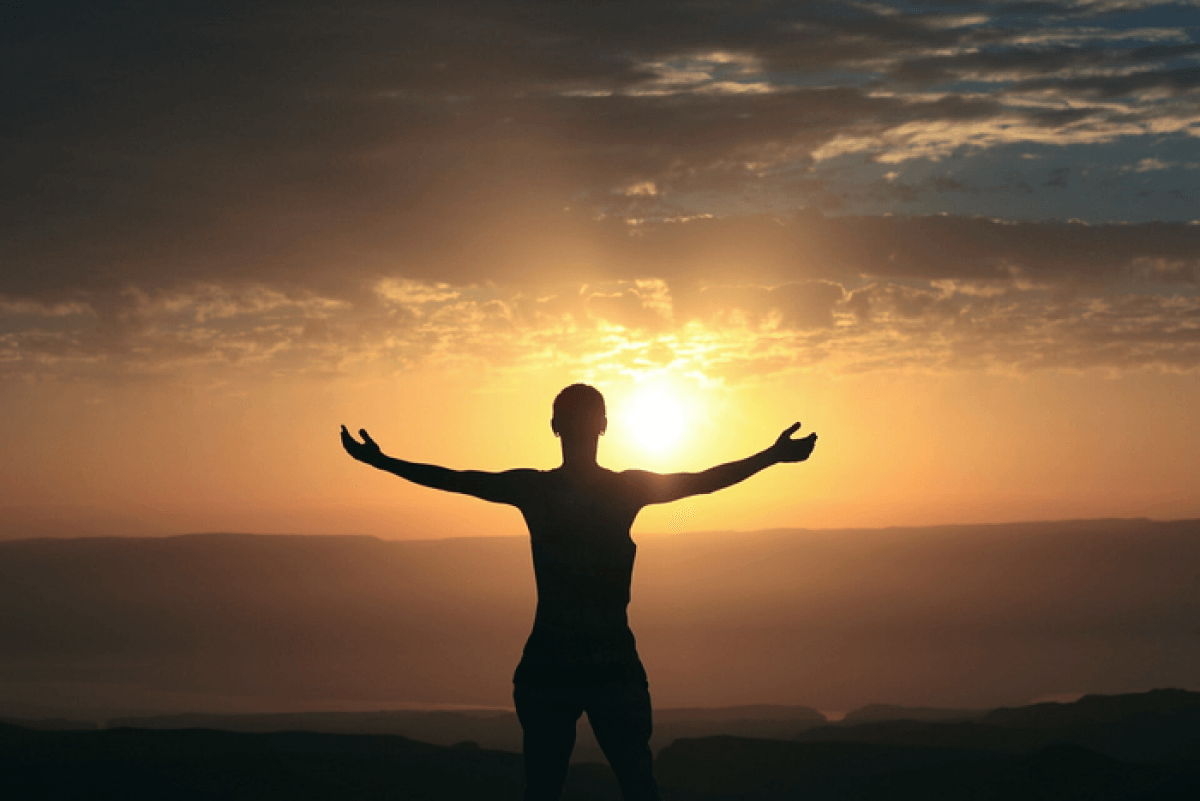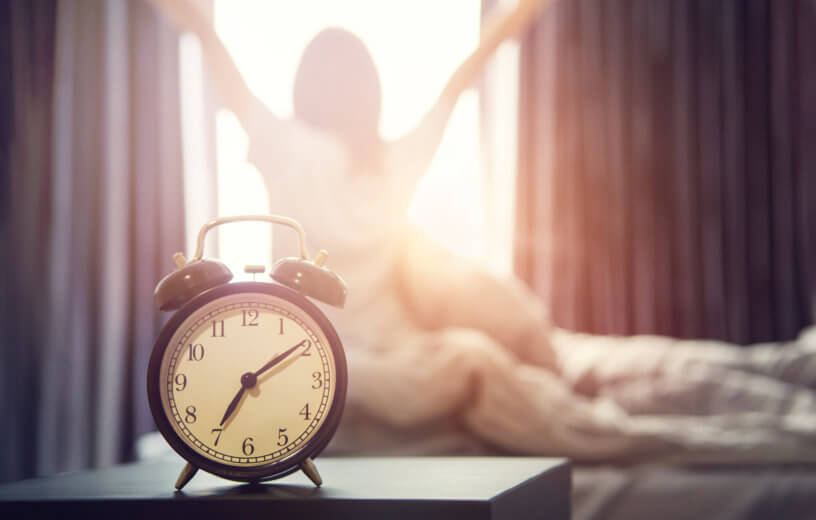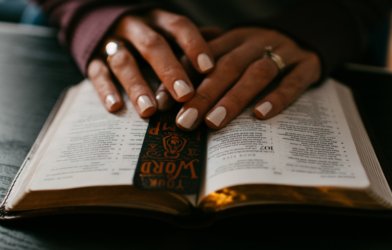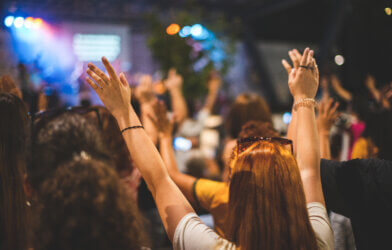WARSAW, Poland — If you’ve been looking for a sign from heaven, you might just have to get up a little earlier. Researchers from the University of Warsaw suggest that early birds tend to be more religious than those who stay up late at night. Their study found being religious also displayed an association with a preference for mornings.
More specifically, this new study indicates that being religious may contribute to a previously established link connecting a preference for waking early and having higher life satisfaction. That relationship, consequently, may also be influenced by a person’s level of conscientiousness — the character trait of being careful, hard-working, or diligent.
Some people naturally prefer waking up early in the morning, while others like staying up late, and a third group falls somewhere in between. Prior research has linked being a “morning person” with having generally higher life satisfaction and being more conscientious. Moreover, earlier studies have uncovered associations between being religious and those same traits.
All of this suggests, researchers explain, that there is a possibility that religiosity contributes to the relationship between being a morning person and enjoying higher life satisfaction.

In an effort to better understand the relationship and interplay between preference for mornings, conscientiousness, religiosity, and life satisfaction, researchers put together and conducted two survey-based analyses of Polish adults — one featuring 500 participants and another gathering 728 participants.
Both cohorts completed questionnaires evaluating their preference for mornings, their life satisfaction, and their conscientiousness level. One group was asked about their belief in God, while the other was asked about their level of religiosity in general.
The results of those studies reaffirmed the notion that being a morning person has a connection with both higher conscientiousness and life satisfaction. Survey results also indicated that religious people have a preference for mornings.
Upon further analysis, researchers discovered that a higher level of religiousness among morning people could at least partially statistically account for the observed association connecting morning preference with higher life satisfaction. Meanwhile, that relationship appeared to be statistically affected by conscientiousness.
Due to these results, study authors theorize morning people generally tend to be more conscientious, making them more likely to be religious, with that religiosity possibly contributing to greater life satisfaction. However, it’s important to note that this project ultimately did not confirm any cause-and-effect relationships and did not account for the sociodemographic traits of the participants.
“The association between ‘morningness-eveningness’ and satisfaction with life might stem, at least in part, from higher religiosity among morning-oriented individuals. It means that more morning-oriented individuals may benefit from higher psychological wellbeing thanks to both personality characteristics and attitudes toward religion,” study authors conclude in a media release.
The study is published in PLoS ONE.
You might also be interested in:
- Kindness across religions: Thinking of God leads to more giving — no matter your faith
- Study: 1 in 300 people are ‘extreme’ early birds by nature
- Night owls more likely to develop diabetes, heart disease than early birds





One of the dumbest articles I’ve ever read.
What wake-up time exactly constitutes a “morning person”? 5 a.m.? 6 a.m.? 7 a.m.? 8 a.m.? 9 a.m.?
See the problem with not defining terms.?
Same goes for what “staying up “late at night” means”? Non-defined terms in a research study, or an article about such, are worse than useless. They are a wast of time.
And I always thought a “morning person” wasn’t just someone who got up early, but someone who liked getting up early and felt energized when they woke up in the morning. Is that what we’re talking about here, or does this include the person ho hates getting up early but has to do so for work or to take care of young children?
More lack of clarity and definition.
Why are these articles always so bad?
This is nonsense. When you prefer being “up” has no bearing on your personality or life goals or thoughts about existence (or religion). Modern humans have arbitrarily chosen 8am as the start of any given day, Monday – Friday, so all of us in capitalist nations are required to get up before then and commute to work to START at 8am…some of us have to get up much earlier to get ready. For people with kids, they are required by the schools/day care centers to drop them off at 6-7am. Society simply demands getting up earlier to convert time at work to cash to spend, and there’s no other reason than that to explain why so many people get up early. On the weekends and long holiday weekends/breaks, I and most people sleep in until 10am, 11am and maybe even noon if we feel like it. Also, people who don’t have to work the next day stay up to midnight or later w/o fear of being too tired the next day. There is ZERO anything related to religion or good or being kind to others associated with when people in modern society get up / go to bed. This study is useless.
I’m very “religious” as they call it, and I stay up very late out of habit. I’m often working (designer) into the wee hours, so it isn’t necessarily a lack of conscientiousness.
Did my father write this article? The entire world revolves around the preferred hours of the “morning person” of course they have more life satisfaction, they’re not constantly waking up before they’re ready to be places. Maybe they’re more religious cause, shocker, church is also in the morning. Being a morning person has nothing to do with being more morally sound just like being religious has nothing to do with being a good person. But both have a high probability of being insufferable to the rest of us.